soil fertility is the backbone of successful gardening and agriculture.
Ensuring that your soil is rich in nutrients is essential for healthy plant growth and bountiful harvests..
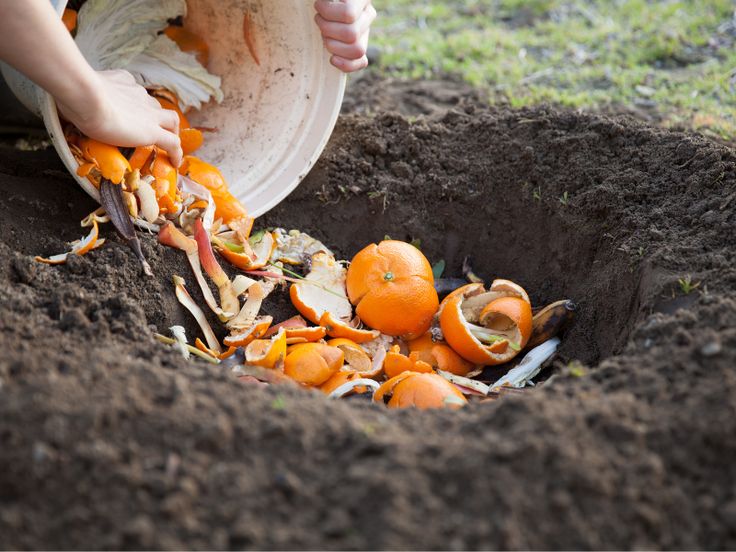 Incorporate organic matter into your soil through composting.
Compost enriches soil with vital nutrients, enhances microbial activity, improves soil structure, and increases water retention, fostering a thriving ecosystem underground.
Incorporate organic matter into your soil through composting.
Compost enriches soil with vital nutrients, enhances microbial activity, improves soil structure, and increases water retention, fostering a thriving ecosystem underground.
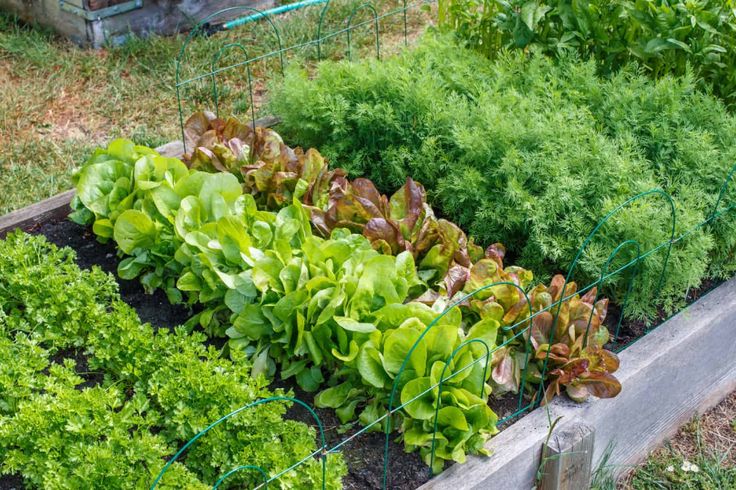 Implement crop rotation to prevent nutrient depletion and soilborne diseases.
Rotating crops diversifies nutrient demands, reduces pest pressure, and enhances soil fertility by alternating nutrient uptake patterns.
Implement crop rotation to prevent nutrient depletion and soilborne diseases.
Rotating crops diversifies nutrient demands, reduces pest pressure, and enhances soil fertility by alternating nutrient uptake patterns.
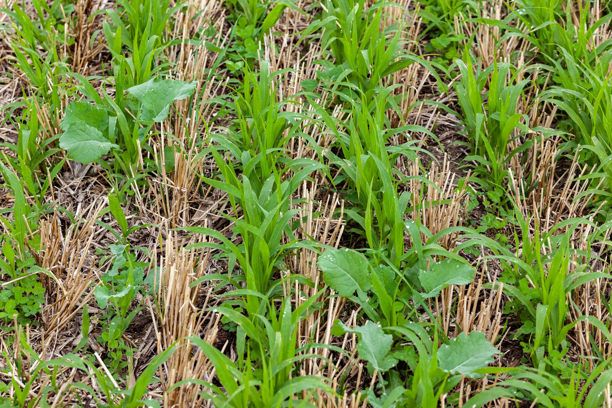
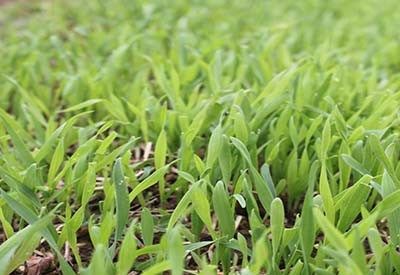 Green manure, such as leguminous plants, improves soil fertility by fixing atmospheric nitrogen through symbiotic relationships with nitrogen-fixing bacteria. Incorporating green manure into the soil replenishes nitrogen levels naturally.
Green manure, such as leguminous plants, improves soil fertility by fixing atmospheric nitrogen through symbiotic relationships with nitrogen-fixing bacteria. Incorporating green manure into the soil replenishes nitrogen levels naturally.
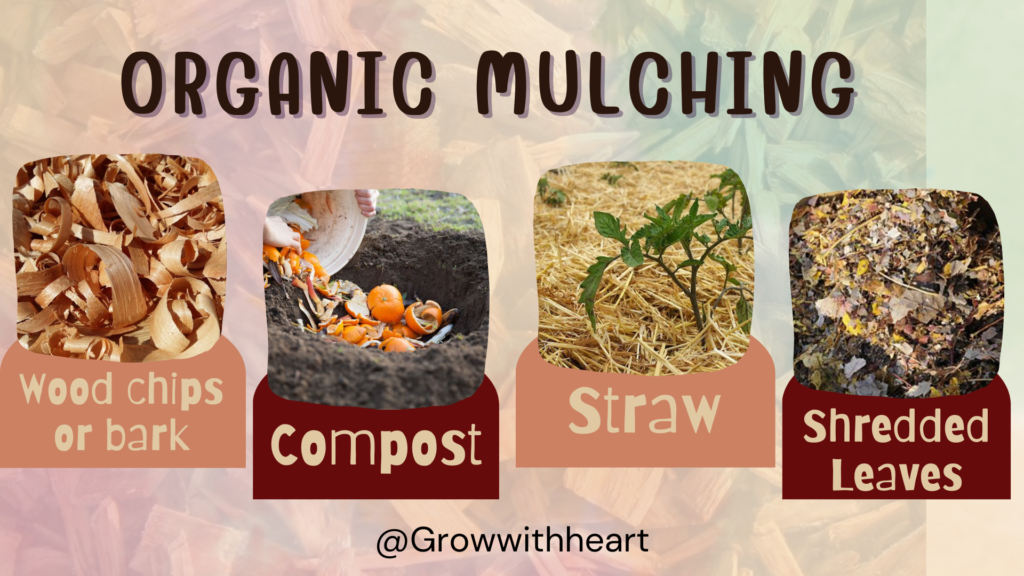 Mulching fosters a healthy soil environment conducive to plant growth.
Mulching fosters a healthy soil environment conducive to plant growth.
Table of Contents
ToggleIntroduction
Soil fertility refers to the ability of soil to sustain plant growth by providing essential nutrients and a favorable environment. Fertile soil contains adequate levels of macronutrients, micronutrients, organic matter, and beneficial microorganisms.- It is crucial for successful gardening and farming.
- Enhancing soil fertility promotes healthier plant growth and higher yields.
 Incorporate organic matter into your soil through composting.
Compost enriches soil with vital nutrients, enhances microbial activity, improves soil structure, and increases water retention, fostering a thriving ecosystem underground.
Incorporate organic matter into your soil through composting.
Compost enriches soil with vital nutrients, enhances microbial activity, improves soil structure, and increases water retention, fostering a thriving ecosystem underground.
- Compost is rich in organic matter and nutrients essential for plant growth.
- Incorporate compost into the soil to improve its structure and nutrient content.
Proper Nutrient Management
Practice responsible nutrient management by applying organic fertilizers, such as compost, manure, and organic amendments. Avoid over-fertilization, as excessive nutrients can leach into waterways, causing environmental harm.Crop Rotation Techniques
 Implement crop rotation to prevent nutrient depletion and soilborne diseases.
Rotating crops diversifies nutrient demands, reduces pest pressure, and enhances soil fertility by alternating nutrient uptake patterns.
Implement crop rotation to prevent nutrient depletion and soilborne diseases.
Rotating crops diversifies nutrient demands, reduces pest pressure, and enhances soil fertility by alternating nutrient uptake patterns.
- Crop rotation prevents the depletion of specific nutrients in the soil.
- Alternating crops helps maintain soil fertility and reduces the risk of pest and disease buildup.
Cover Cropping
Utilize cover crops to protect and nourish the soil during fallow periods. Cover crops add organic matter, fix nitrogen, suppress weeds, prevent erosion, and improve soil structure, contributing to long-term fertile soil.
- Cover crops protect soil from erosion caused by wind and water.
- When tilled, cover crops add organic matter to the soil, improving its fertility.
Using Green Manure
 Green manure, such as leguminous plants, improves soil fertility by fixing atmospheric nitrogen through symbiotic relationships with nitrogen-fixing bacteria. Incorporating green manure into the soil replenishes nitrogen levels naturally.
Green manure, such as leguminous plants, improves soil fertility by fixing atmospheric nitrogen through symbiotic relationships with nitrogen-fixing bacteria. Incorporating green manure into the soil replenishes nitrogen levels naturally.
- Organic fertilizers like manure, compost tea, or bone meal enrich the soil with essential nutrients.
- They provide a sustainable alternative to synthetic fertilizers and improve soil fertility over time.
Mulching
Apply organic mulches, like straw, leaves, or grass clippings, to conserve soil moisture, suppress weeds, regulate soil temperature, and enhance nutrient cycling. Mulching fosters a healthy soil environment conducive to plant growth.
Mulching fosters a healthy soil environment conducive to plant growth.
Conclusion
In conclusion, enhancing soil fertility is paramount for sustainable gardening and agriculture. By incorporating these six methods—organic matter and composting, crop rotation, cover cropping, green manure, and mulching,—you can Improve soil fertility, and productive soils that support thriving plant life.FAQs (Frequently Asked Questions)
-
How often should I apply compost to my garden?
- Aim to apply compost annually or biannually, depending on your soil’s nutrient needs and organic matter content.
-
Can cover crops replace fertilizers?
- While cover crops add organic matter and improve soil structure, they may not provide all the nutrients required by cash crops. It’s best to supplement with organic fertilizers as needed.
-
What is the best way to test soil fertility?
- Soil testing kits or services offered by agricultural extension offices can provide accurate assessments of soil fertility, including pH levels and nutrient concentrations.
-
Is crop rotation necessary for small-scale gardening?
- Yes, even in small gardens, crop rotation helps maintain fertility and reduces the risk of pest and disease buildup. Plan your garden layout to include crop rotation where possible.
-
Are synthetic fertilizers harmful to soil?
- While synthetic fertilizers can provide quick nutrient boosts to plants, they may also disrupt soil microbial activity and contribute to long-term soil degradation. Opting for organic fertilizers is often a more sustainable choice for soil health.
Our Top picks

Bombay Greens soil less potting mixture
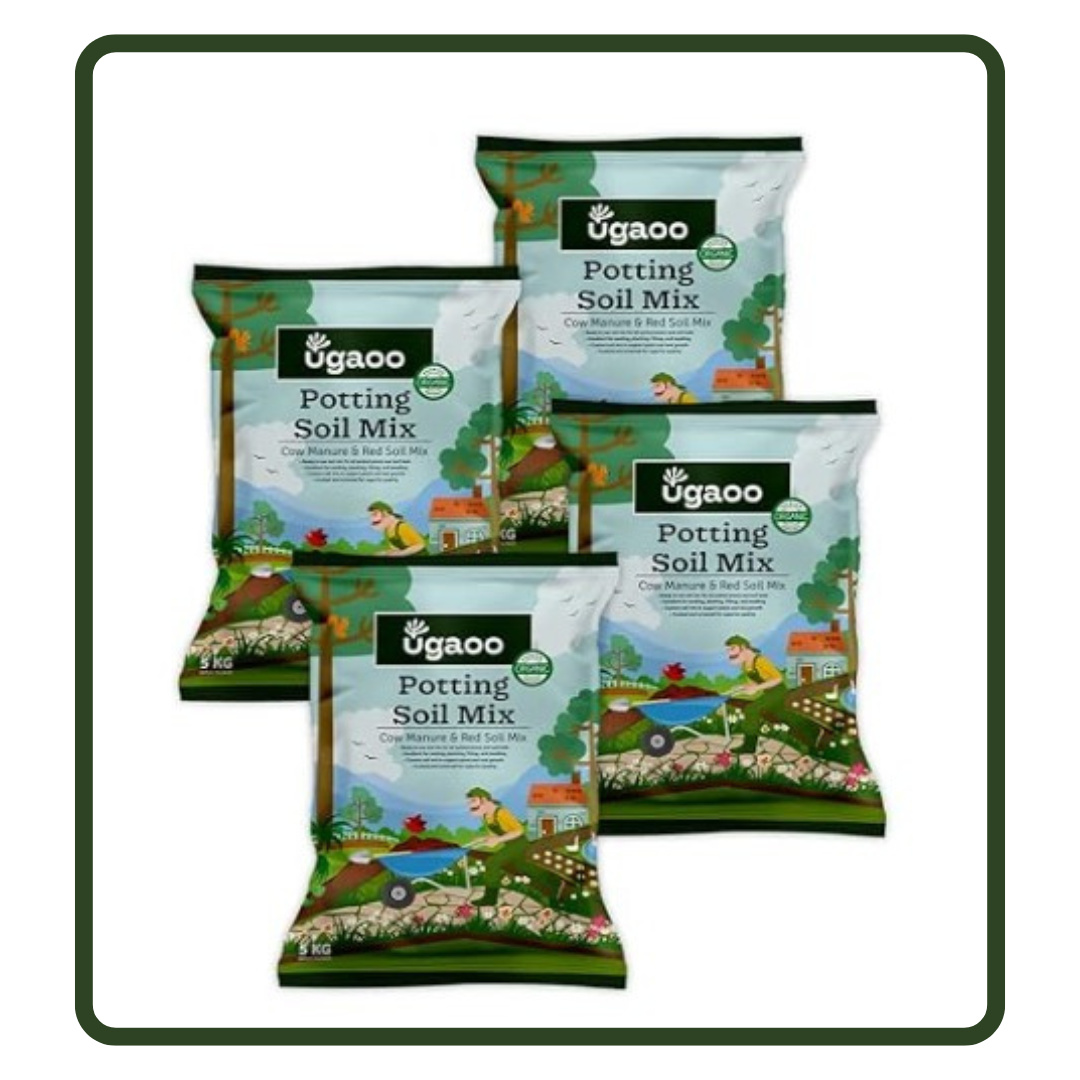
Ugaoo potting soil mix
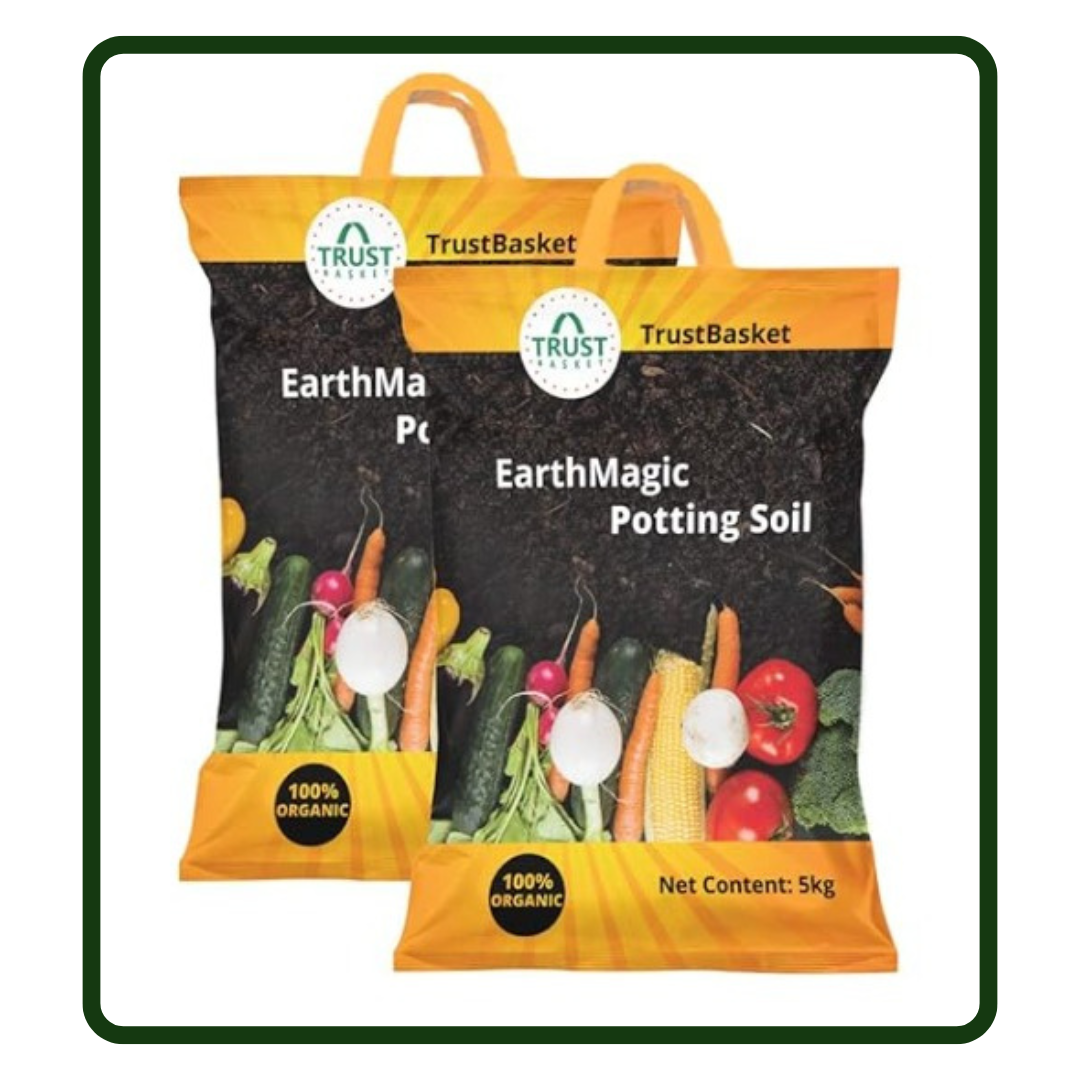
Trustbasket Earthmagic potting mix
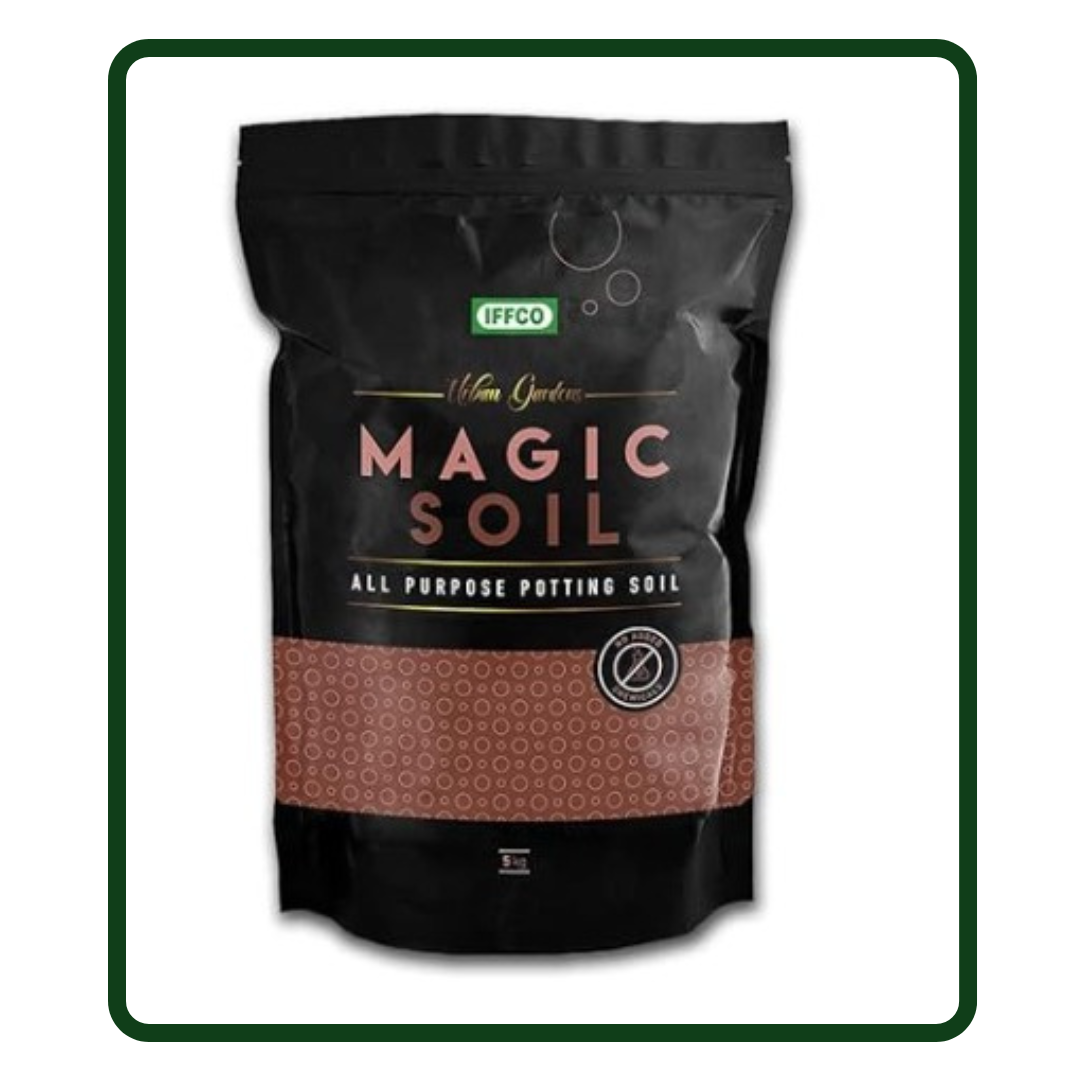

Pingback: Introduction to easy soil preparation techniques -
Pingback: Little known ways to use natural fertilizers in your kitchen garden -
Pingback: 10 organic gardening principles you must know! -
Pingback: Why Vertical Gardening is the Future of Urban Farming?
Pingback: Terrace Vertical Gardening: why to choose?
Pingback: Hydrponics gardening 101: what you need to get started!
Pingback: Comparing the Costs of Hydroponics and Soil-Based Farming!
Pingback: Sustainable Fertilizers: A Beginner's Guide to Organic Soil Health
Pingback: "How to Build Healthy Soil from Scratch: A Step-by-Step Guide”
Pingback: 10 Easy Sustainable Agriculture Practices to Implement Today
Pingback: The Environmental Benefits of Hydroponics🌍
Pingback: Hydroponics and Sustainability: Its environmental benefits
Pingback: Right Mindset for Vertical gardening!
Pingback: The joy of growing herbs: homegrown happiness -